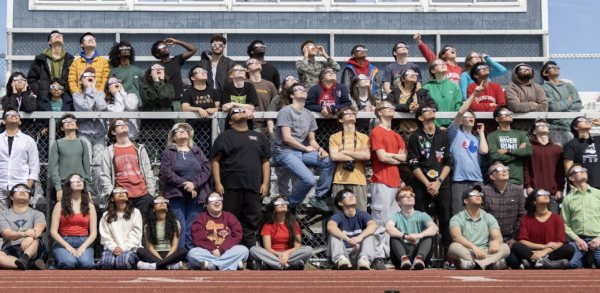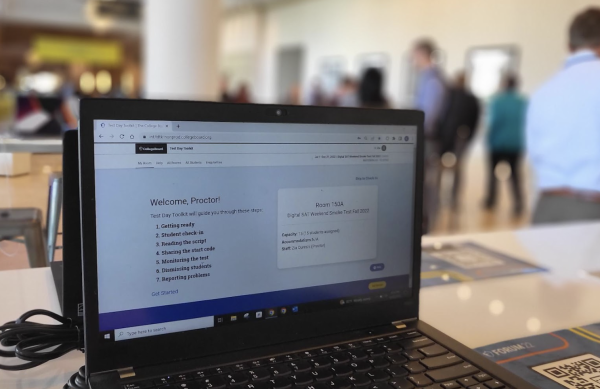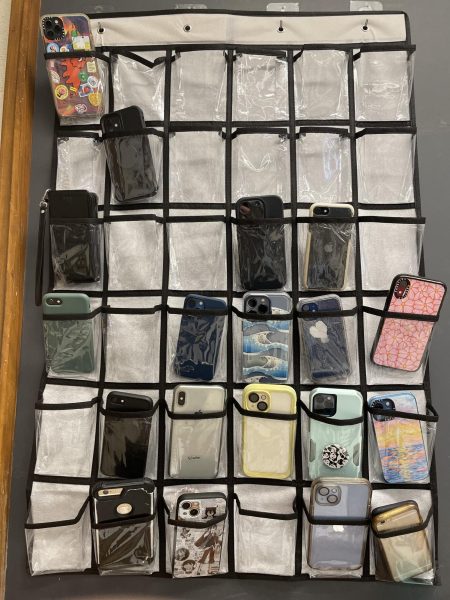Have Advisory Sessions Achieved their Desired Outcomes?
April 6, 2021
While social distancing has helped keep students and families safe, it has also created a vast disturbance in student life, making it more difficult for students to maintain relationships in their larger school community. To reinstate a sense of community virtually, the Lexington High School administration implemented Advisory, a program focused on students’ social-emotional development and on building connections between students and staff. Advisory groups provide students with an opportunity to participate in community circles and other bonding activities meant to alleviate stress. Sessions typically start with a brief period of meditation before shifting towards a facilitated conversation regarding a certain topic.
While the program was created with the right intentions in mind, it has so far failed to achieve its intended goals in the LHS community. However, with the right improvements, Advisory could certainly improve students’ social and emotional wellbeing.
Sara Mei, a junior and student representative for the Lexington Public Schools School Committee, provided suggestions to improve Advisory during a Superintendent Chat- a series of conversations between LPS Superintendent Julie Hackett and LPS parents and staff. She sees flaws in how Advisory sessions are structured, with students going around in a circle to respond to guided questions.
“You’re not going to make new friends or create those connections just by asking those types of questions. You’ve got to know the person first when you’re meeting new people,” Mei said.
Many students have echoed the sentiment; the meetings have forced connections instead of giving time for students to naturally adjust to the people around them. Mei received feedback from parents and students expressing that Advisory was not very personable.
Some staff members have also voiced dissatisfaction with Advisory. They believe that it isn’t creating its desired impact.
“The intention is good. [It’s] just there’s so many mental and emotional demands on students that I don’t think it’s as beneficial as it was initially conceived,” Chris Doucette, a math teacher and the faculty advisor for the Student-Faculty Senate, said.
He proposed that an alternative, such as I-Block, would be better suited to achieve the desired goals of Advisory. However, he also noted that it would require a complete change to the current schedule.
These concerns lead us to question whether Advisory would be worthwhile in the future. Even though the initial efforts did not work as expected, the administration has continued the program and made appropriate reforms based on participant feedback. In the last session, for example, students and staff played a game of “Would You Rather” instead of holding a methodical conversation.
“It was less structured so it was a lot easier to make jokes or make remarks about what another person said, rather than just like, one person says this, the next person says that, and the next person says this, and it goes back to the teacher,” Mei said.
In other words, an unstructured setting allowed students to connect more easily with their peers and advisors, which is perhaps a step closer to recreating a homeroom-like environment. This suggests that if reformed and properly executed, Advisory could establish a safe virtual community and connect students with meaningful resources despite barriers posed by the pandemic. Though the program is far from this level of efficacy for now, improvements in interpersonal connection from the recent session highlights the program’s potential to measure up to the benefits from Homeroom pre-COVID-19.



